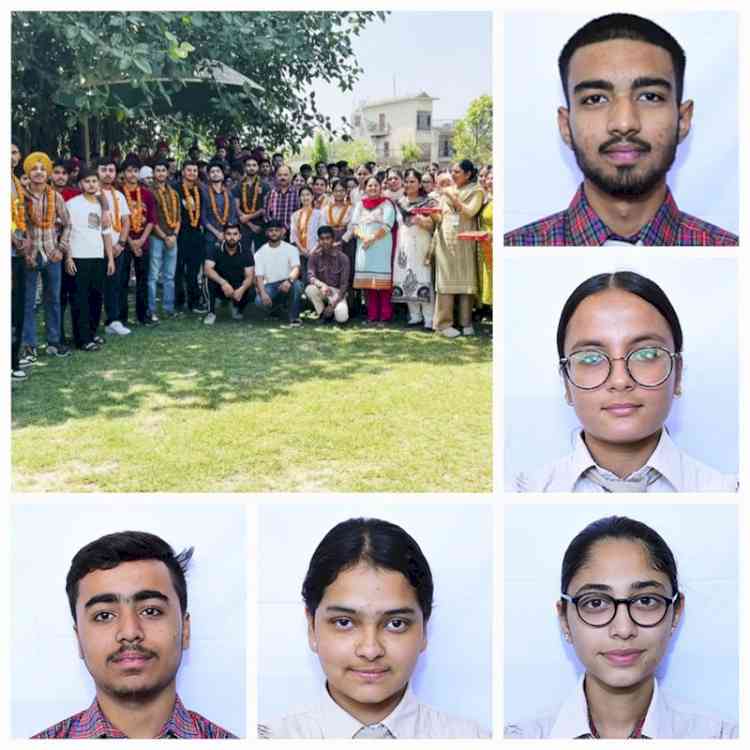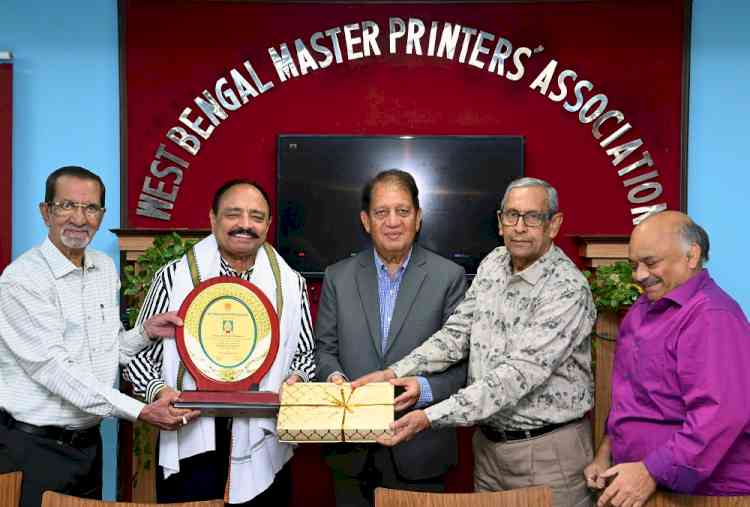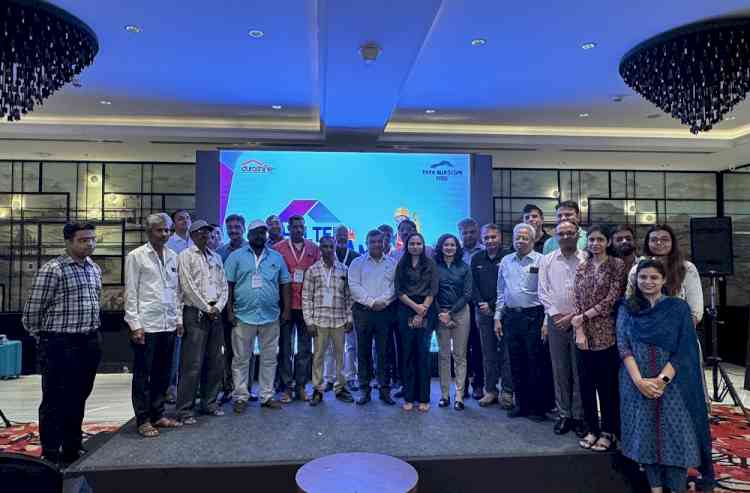World Hepatitis Day celebrated at DMCH
Author(s): City Air NewsLudhiana, July 28, 2014: DMCH, Ludhiana on Monday observed World Hepatitis Day by organising health awareness lectures by the faculty from the Departments of Medicine, Gastroenterology & Community Medicine. Dr RK...

Ludhiana, July 28, 2014: DMCH, Ludhiana on Monday observed World Hepatitis Day by organising health awareness lectures by the faculty from the Departments of Medicine, Gastroenterology & Community Medicine.
Dr RK Soni, Professor of Community Medicine, who was also moderator of the programme, said that this year the theme of World Hepatitis Day is ‘Hepatitis…Think Again.’ In his message, Dr Soni said that Viral Hepatitis is a leading cause of global infectious diseases mortality each year, causing approximately 1.4 million deaths. The World Health Organisation (WHO) estimates that nearly 400 million people have chronic viral hepatitis worldwide and most of them do not even know they are infected. More than one million people die each year from causes related to viral hepatitis, commonly cirrhosis and liver cancer.
In their messages to those present on the occasion, Principal Dr Daljit Singh and Vice Principal Dr Sandeep Puri also shared their expertise views regarding prevention of Hepatitis C.
Dr Ajit Sood (Professor & Head of Gastroenterology) elaborated on various types of Hepatitis Virus. Viruses that primarily attack the liver are called hepatitis viruses. There are several types of hepatitis viruses including types A,B, C, D, E, and possibly G. Types A, B, and C are the most common, said Dr Ajit Sood.
In his message, Dr Sandeep Sidhu also elaborated on the various treatment modalities of treating Hepatitis C virus. Dr Vikram Gupta from Community Medicine shared his views regarding adopting preventive measures to avoid getting hepatitis viruses.
In the panel discussion, which was attended by Dr Sandeep Puri, Dr Harmesh Singh Bains, Dr Anurag Chaudhary and Dr Varun Gupta,it was stressed that needle stick injuries pose a potential occupational risk to healthcare workers, particularly through transmission of blood-borne viruses, such as hepatitis B and C viruses and HIV. An effective vaccine is available now-a-days to prevent hepatitis B virus (HBV) infection, and post-exposure antiviral prophylaxis is effective in reducing HIV transmission.

 cityairnews
cityairnews 
















